Superset is an open-source modern data exploration and visualization platform.
Link: https://insight.galaxyedu.io/superset/welcome/
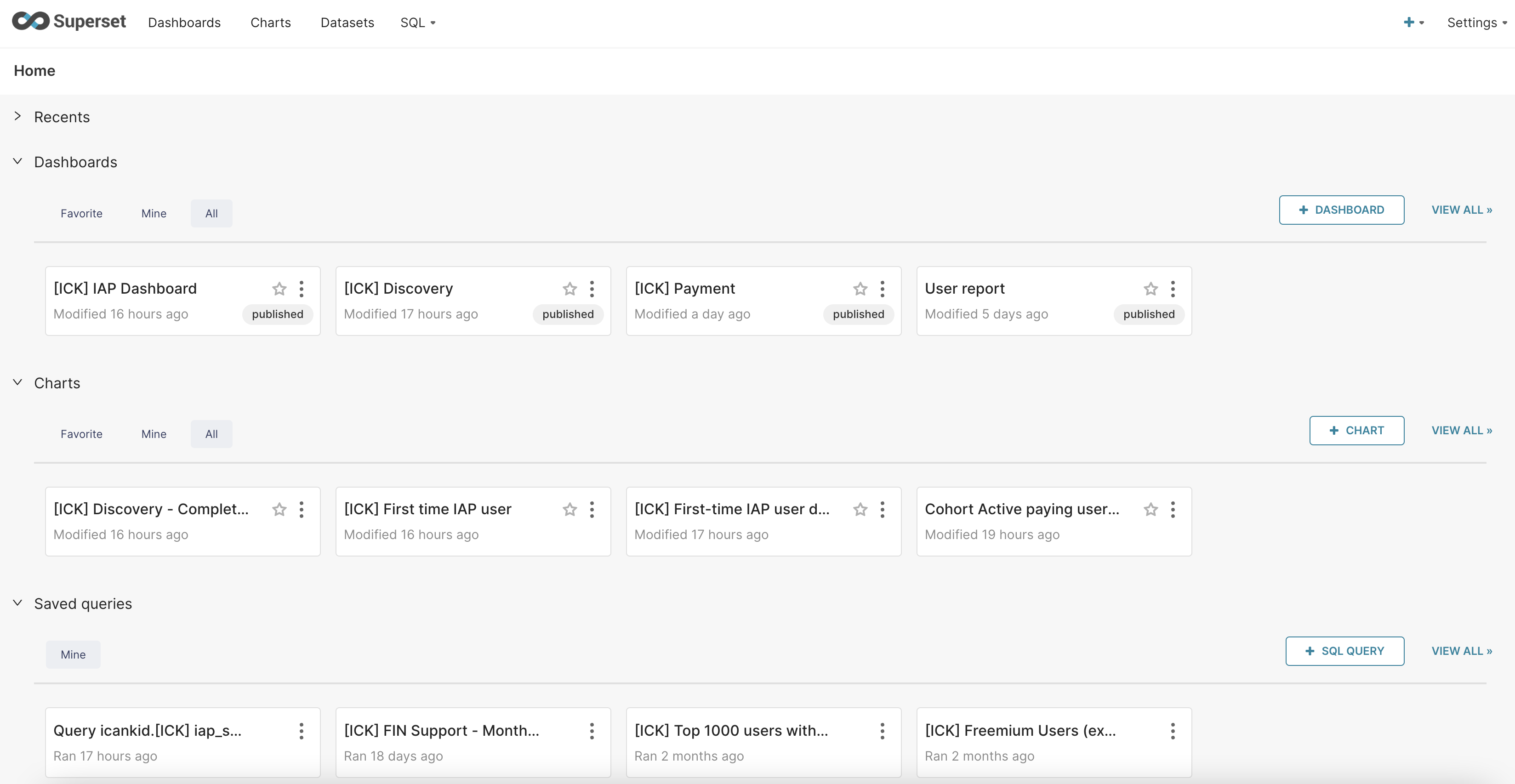
Database | Schema | Description |
CORE | icanid | merchant, users |
icanpayment | bank transfer, billing, transaction | |
subscription | Product plan | |
ICAN Kid | icankid | |
Report | user_report | cash in, paid user 4 BUs |
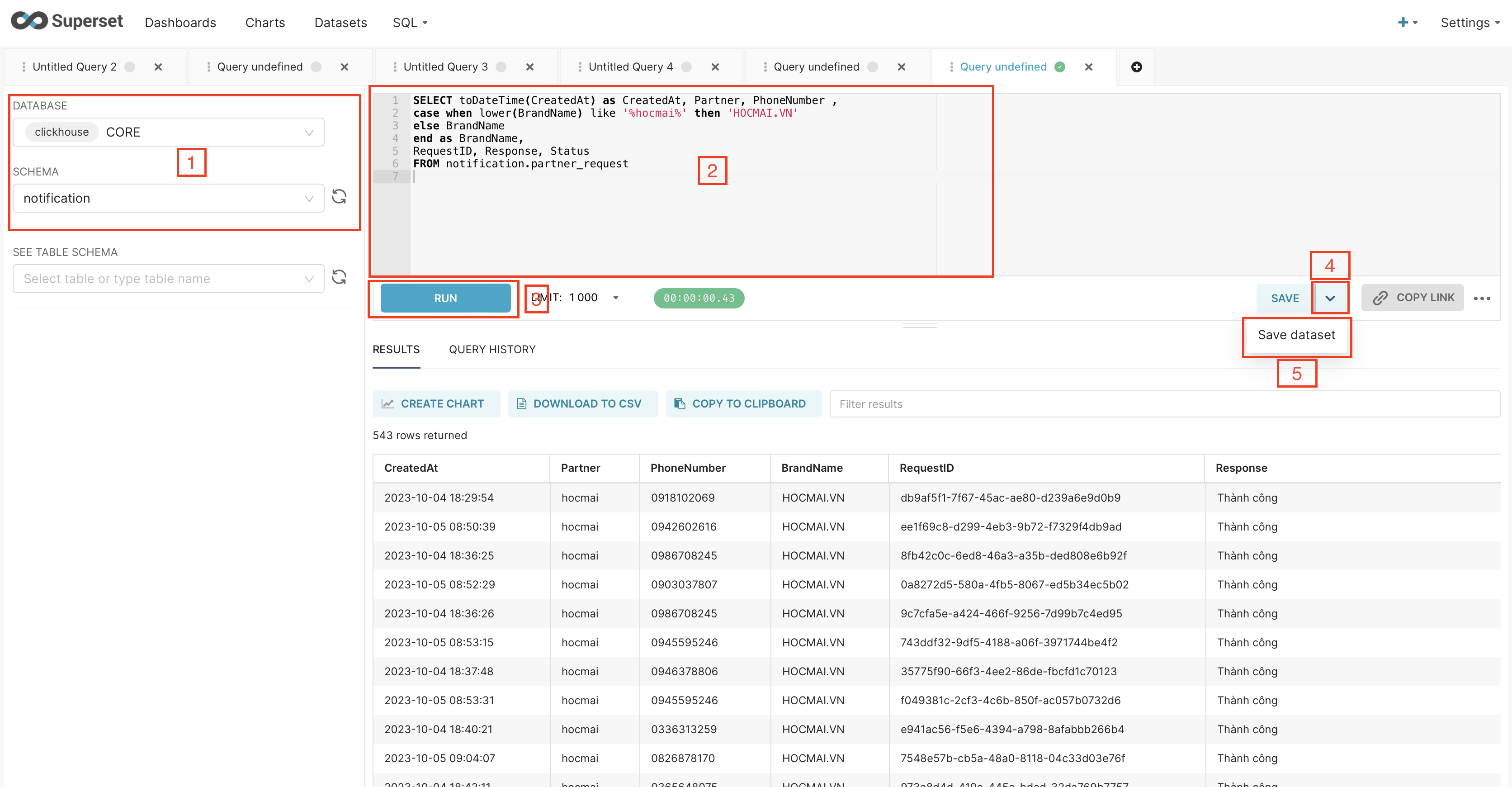
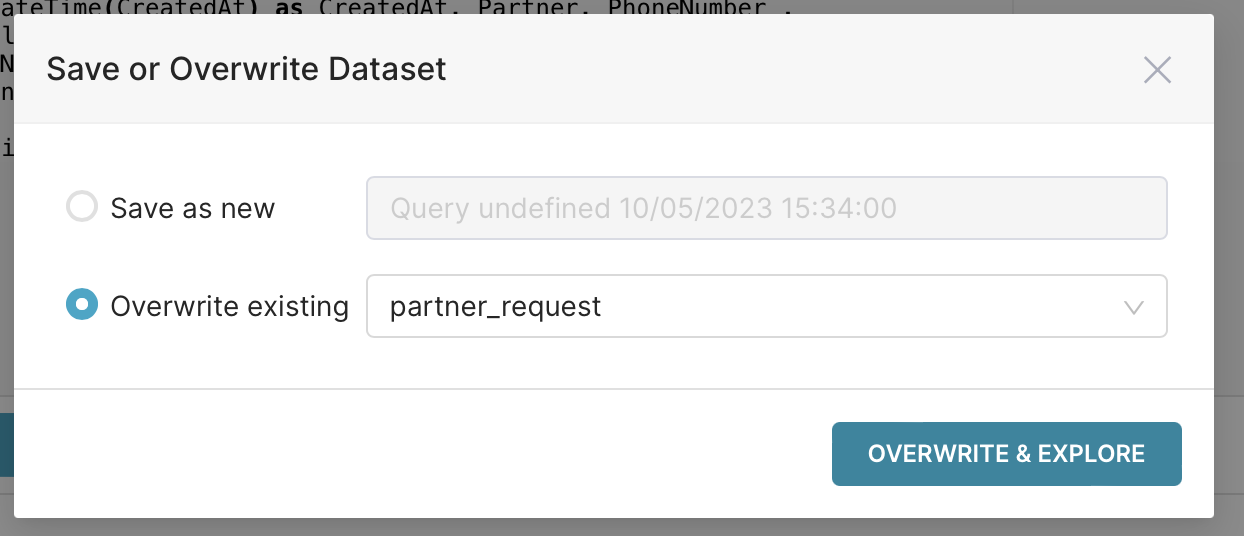
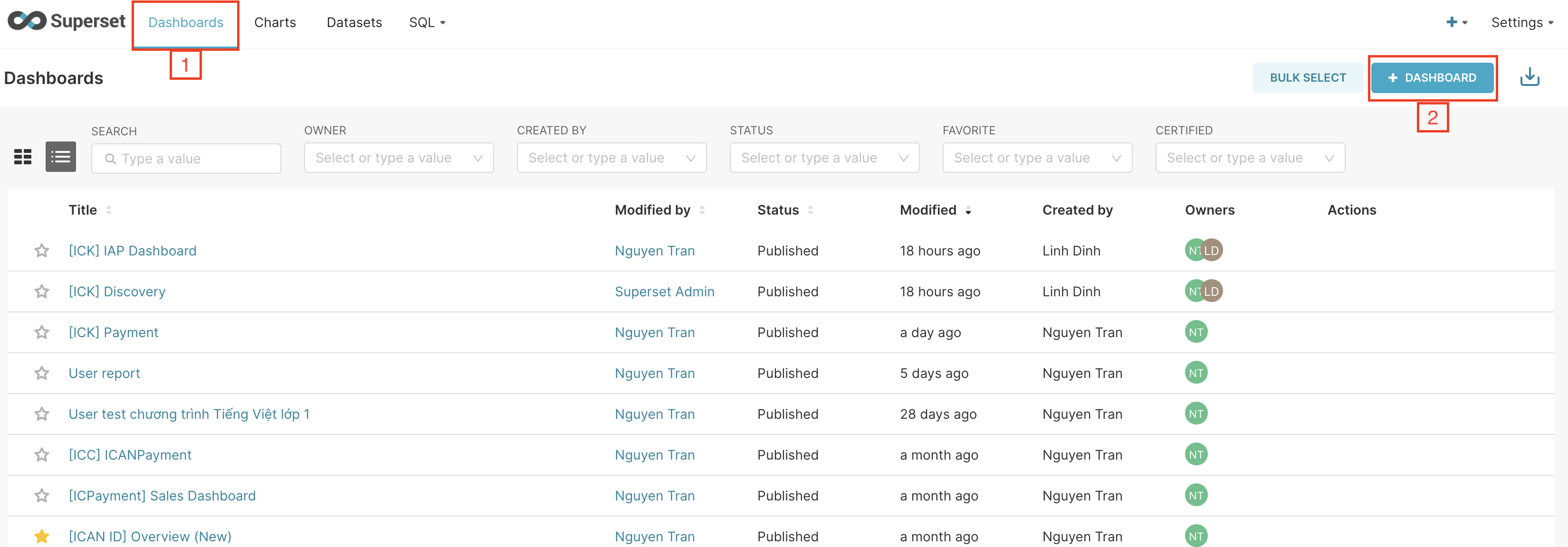
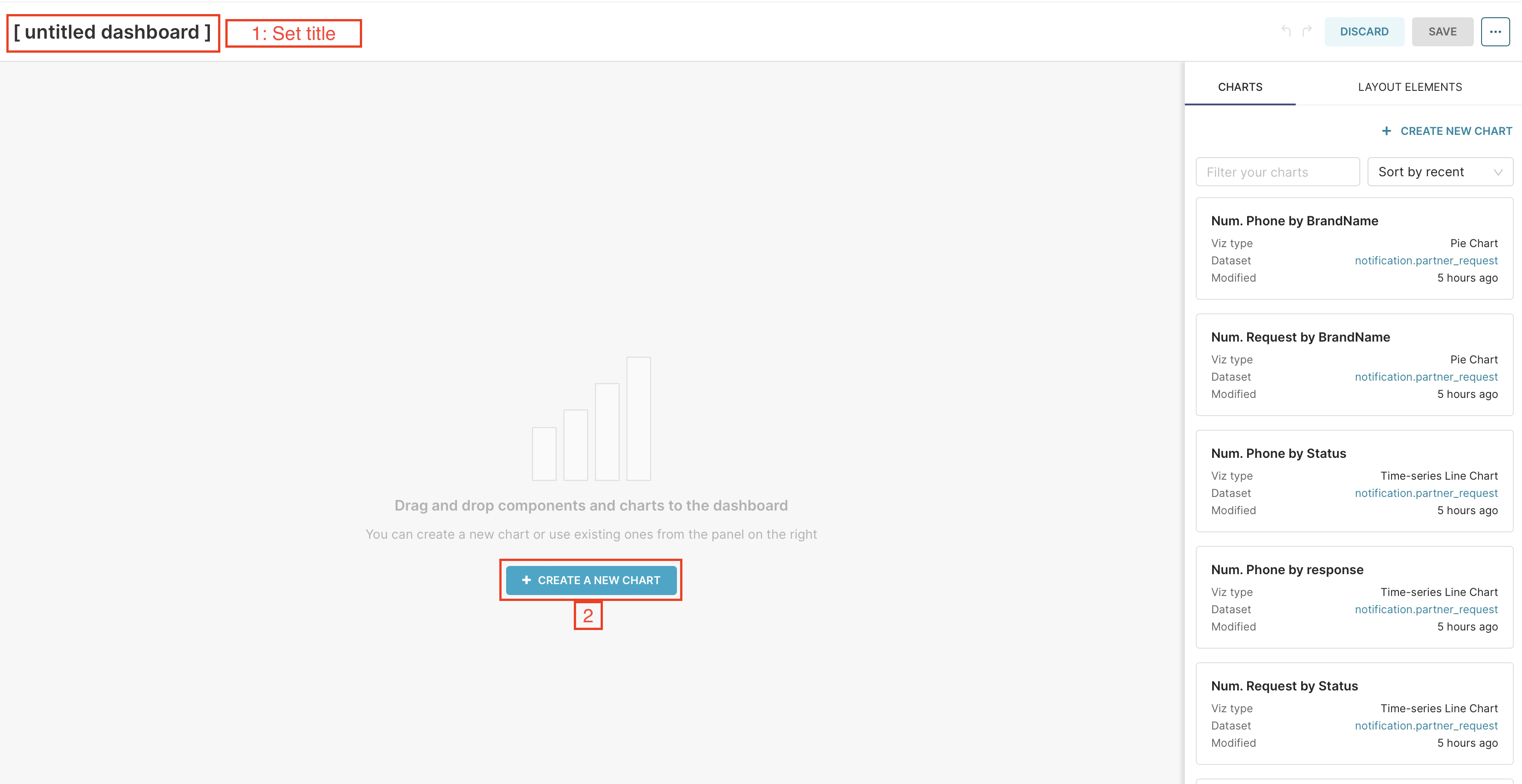
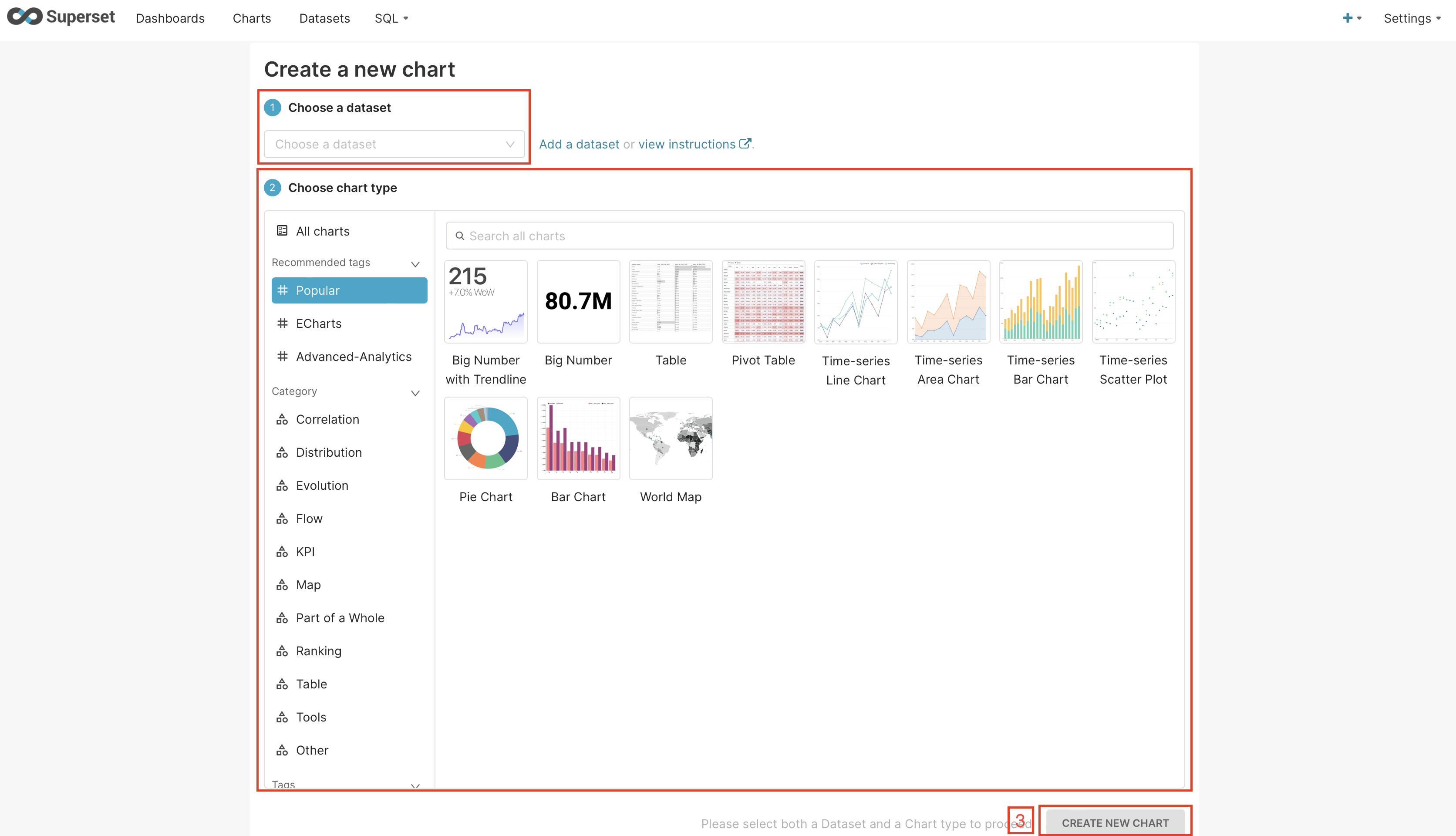
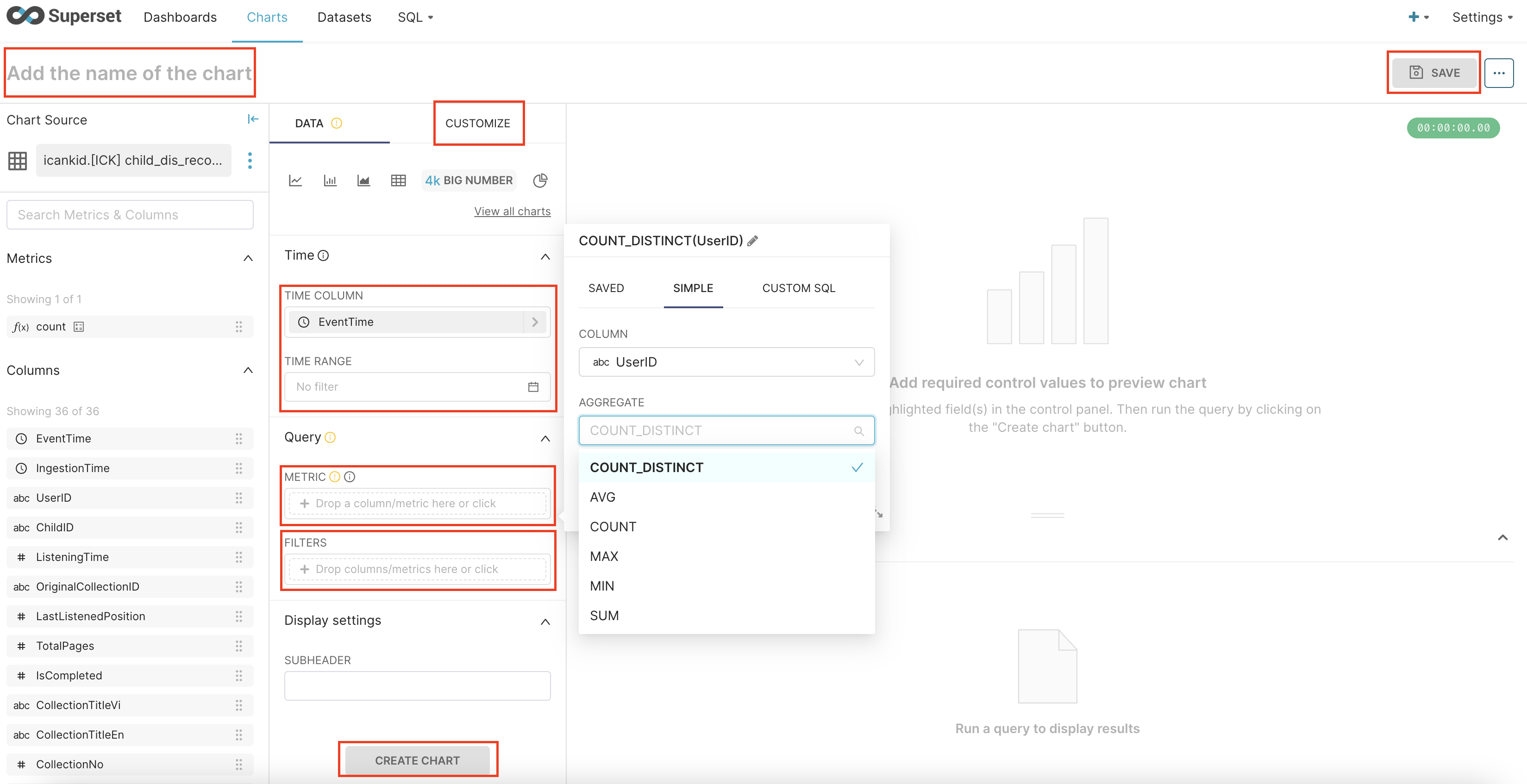
Share the dashboard by generating a public or private URL, or embed it in other web applications.
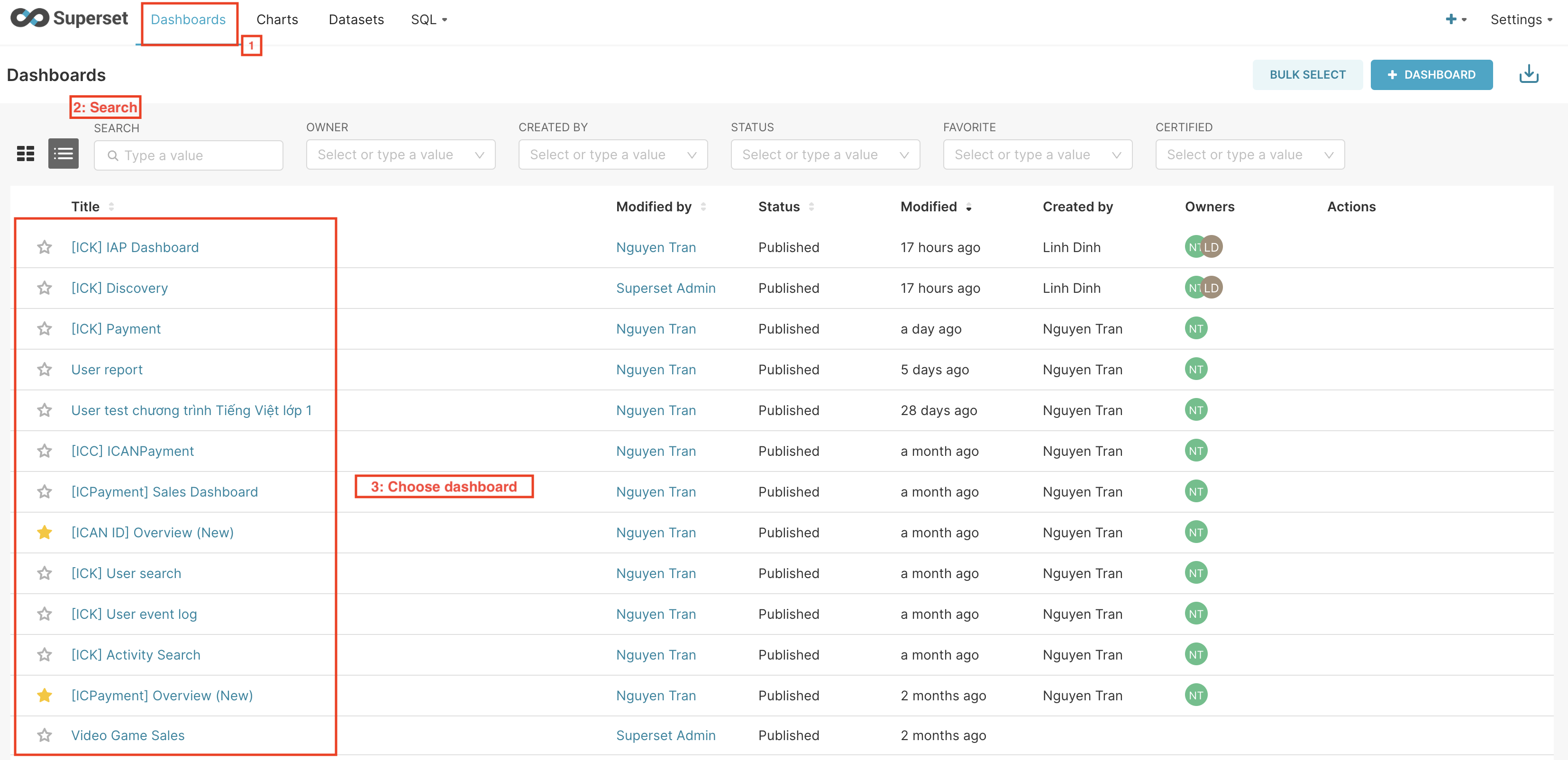
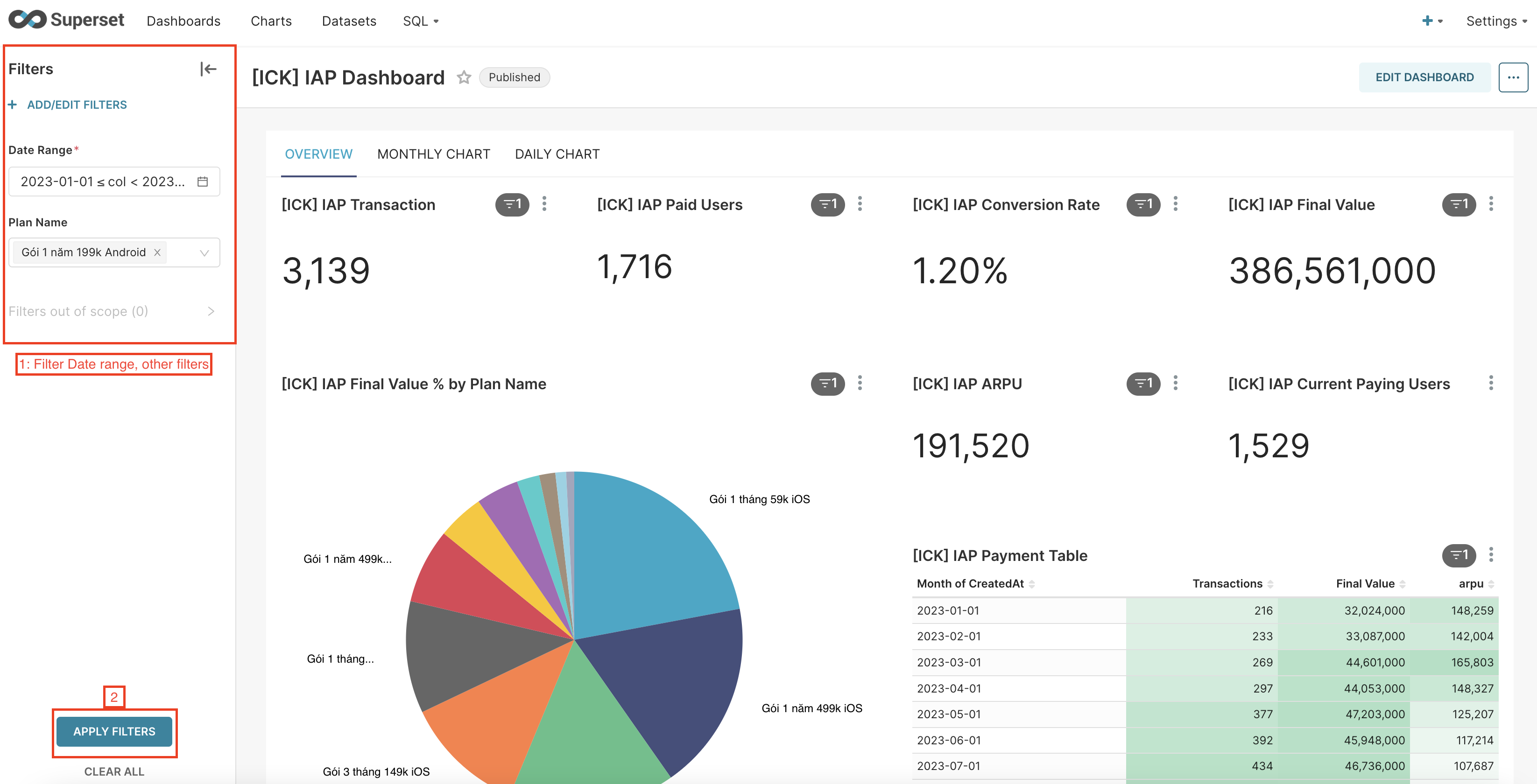
On current dashboard, choose the chart → Click View query
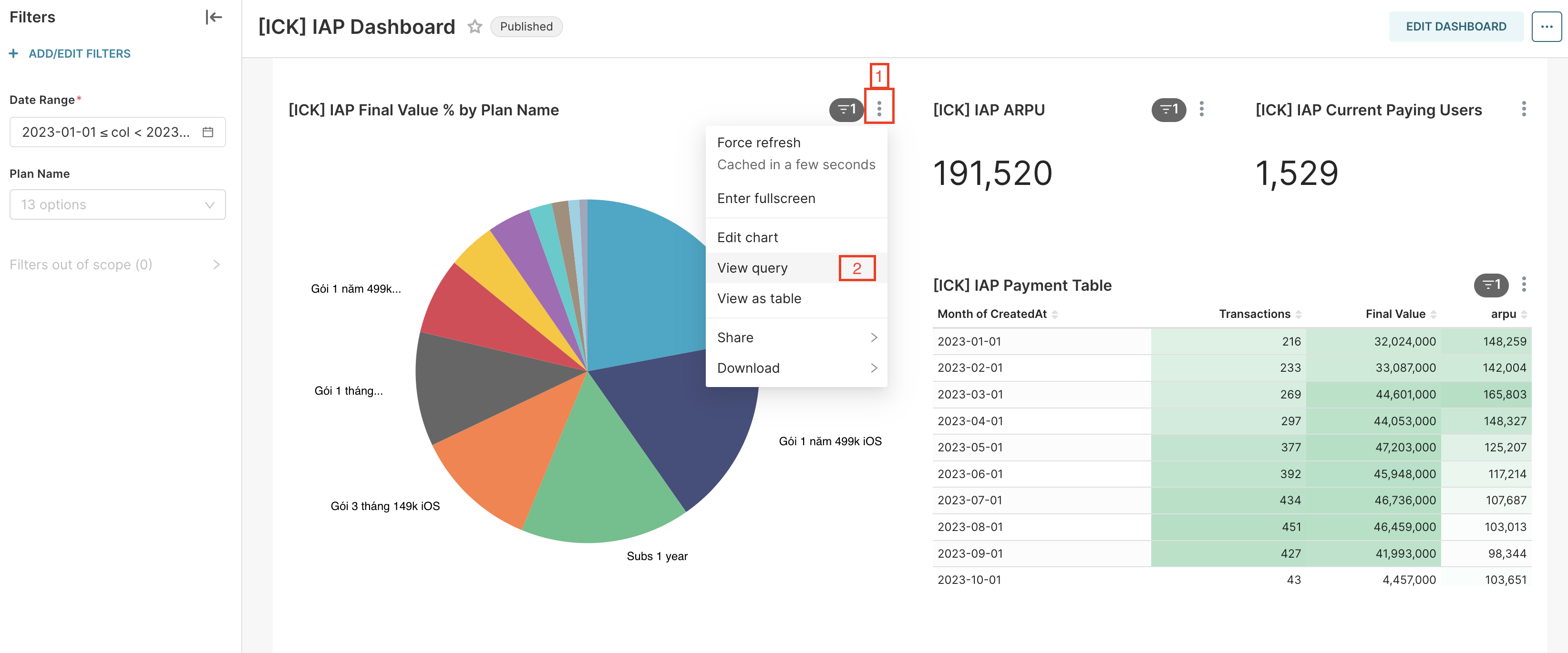
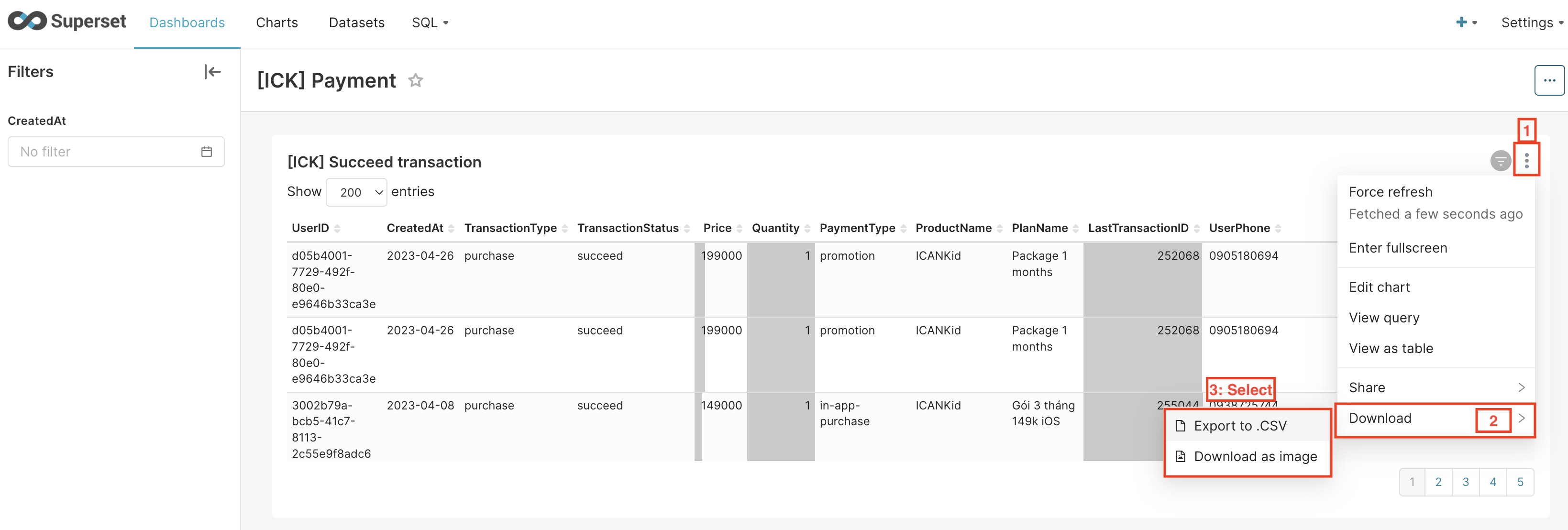
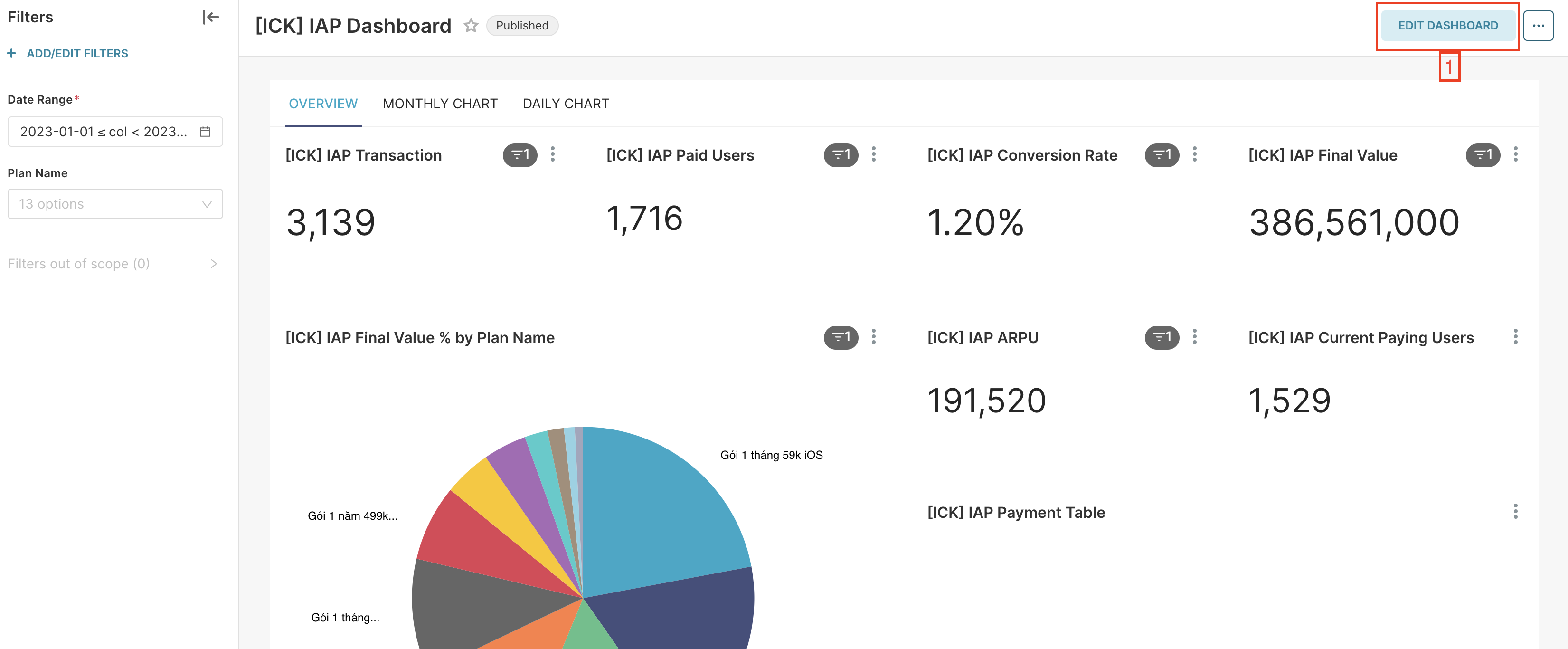


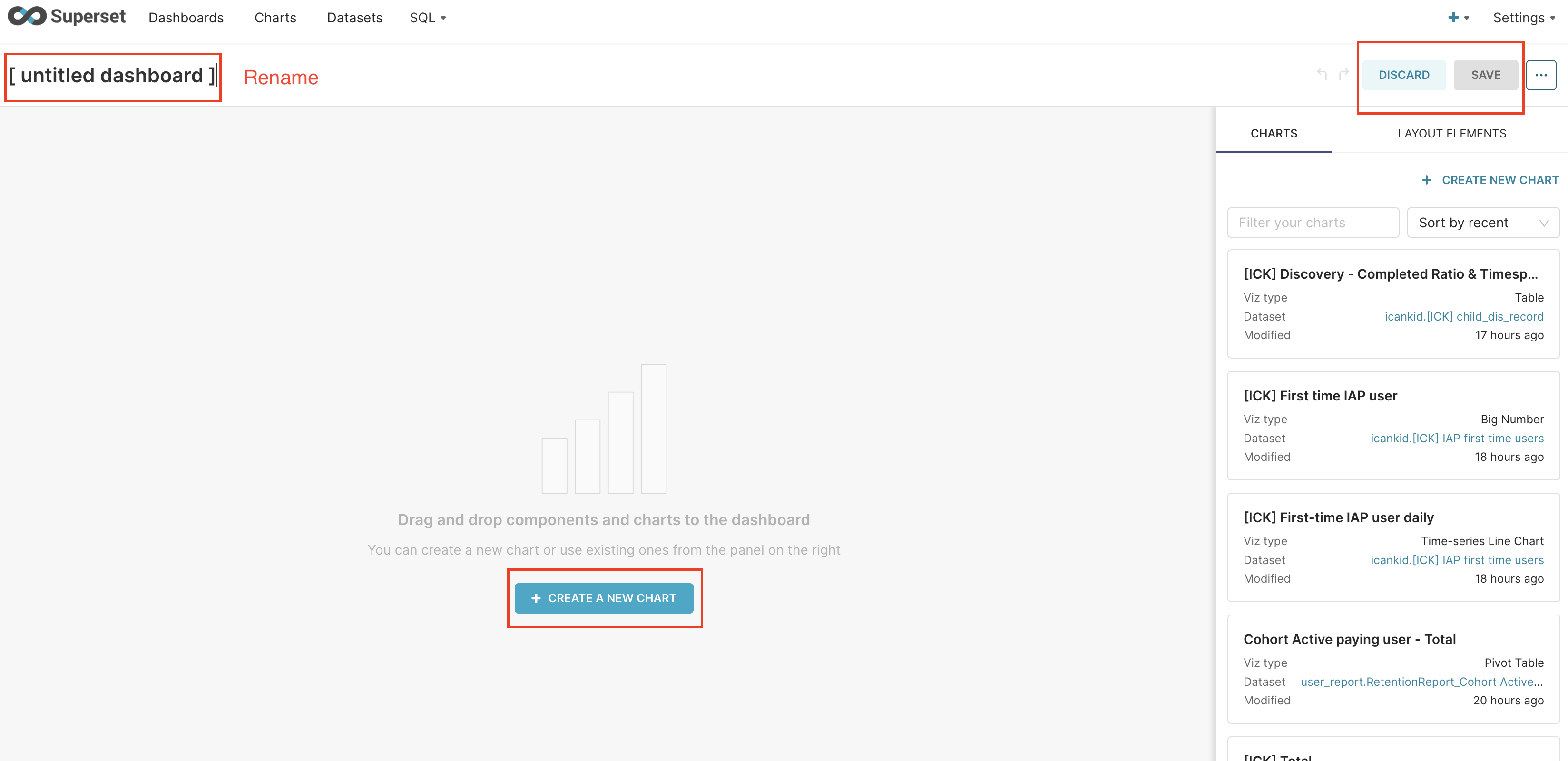
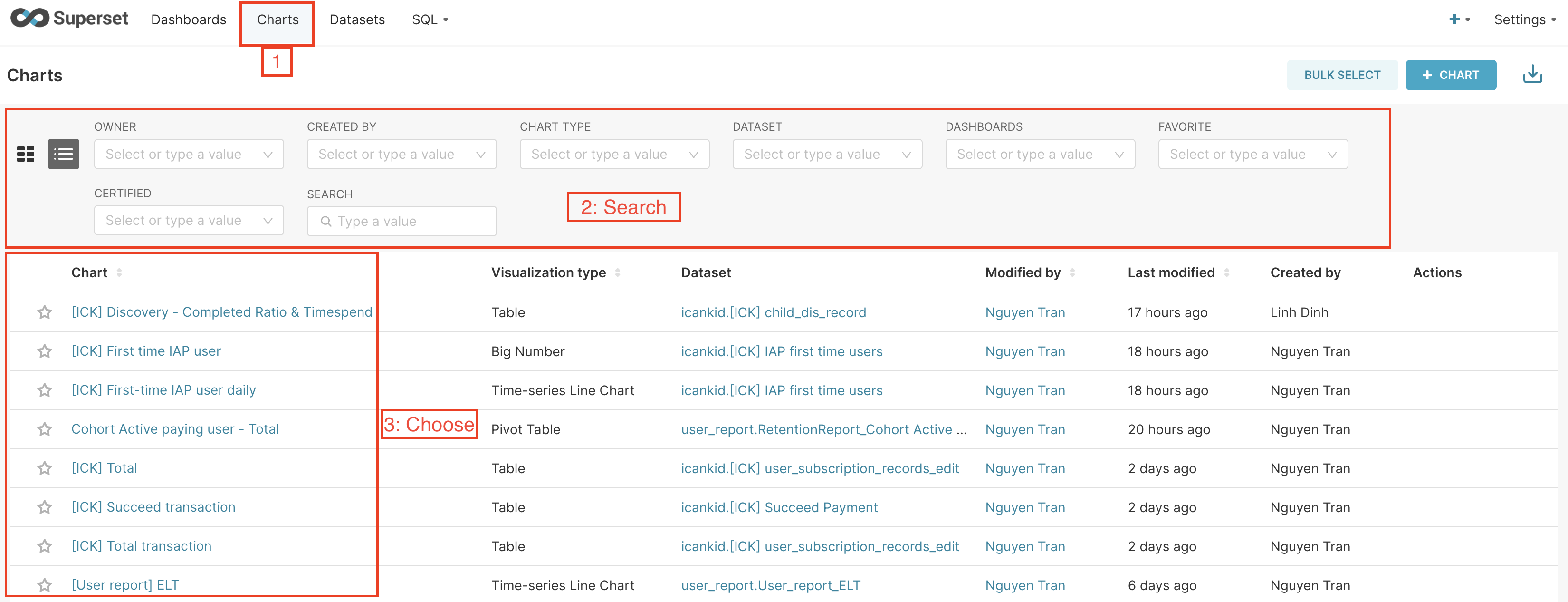
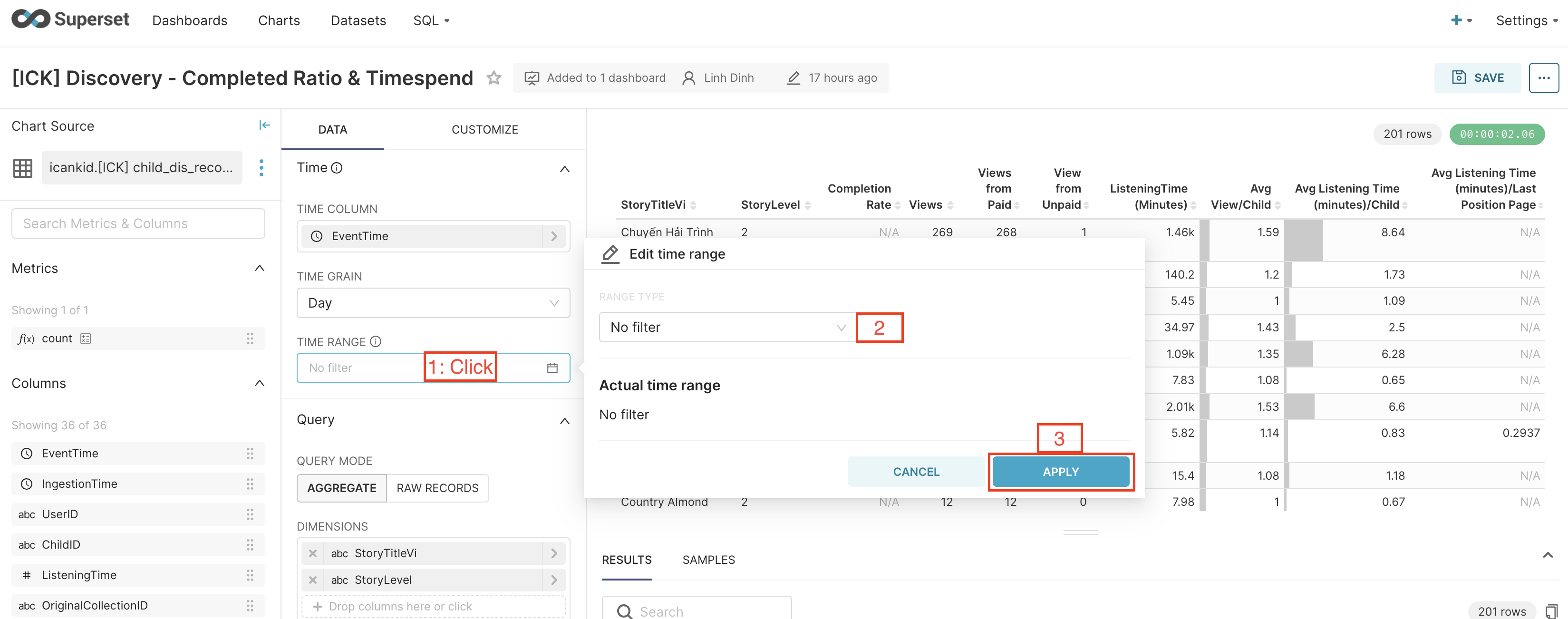
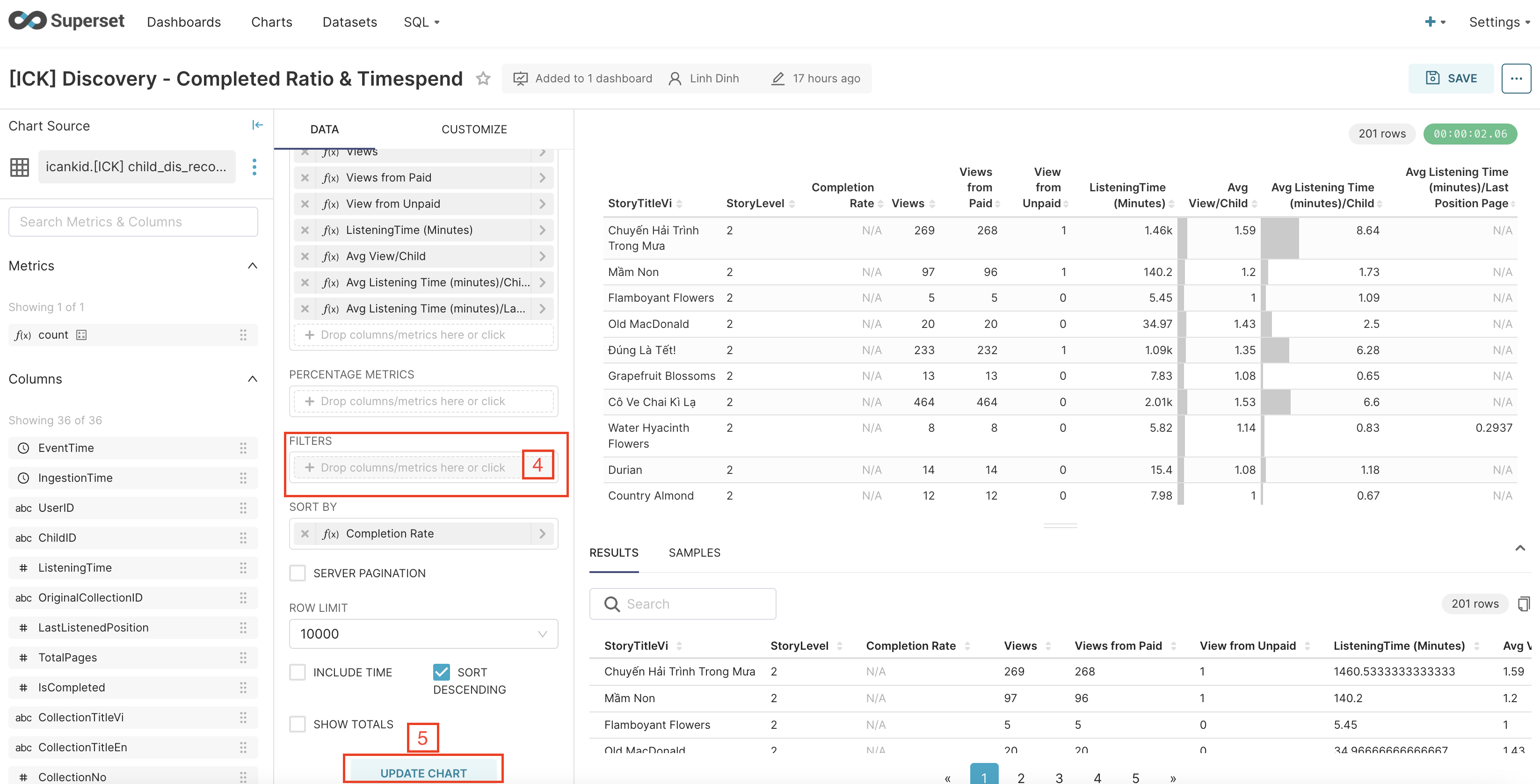
Note: Please do not save if you only want to view the chart.
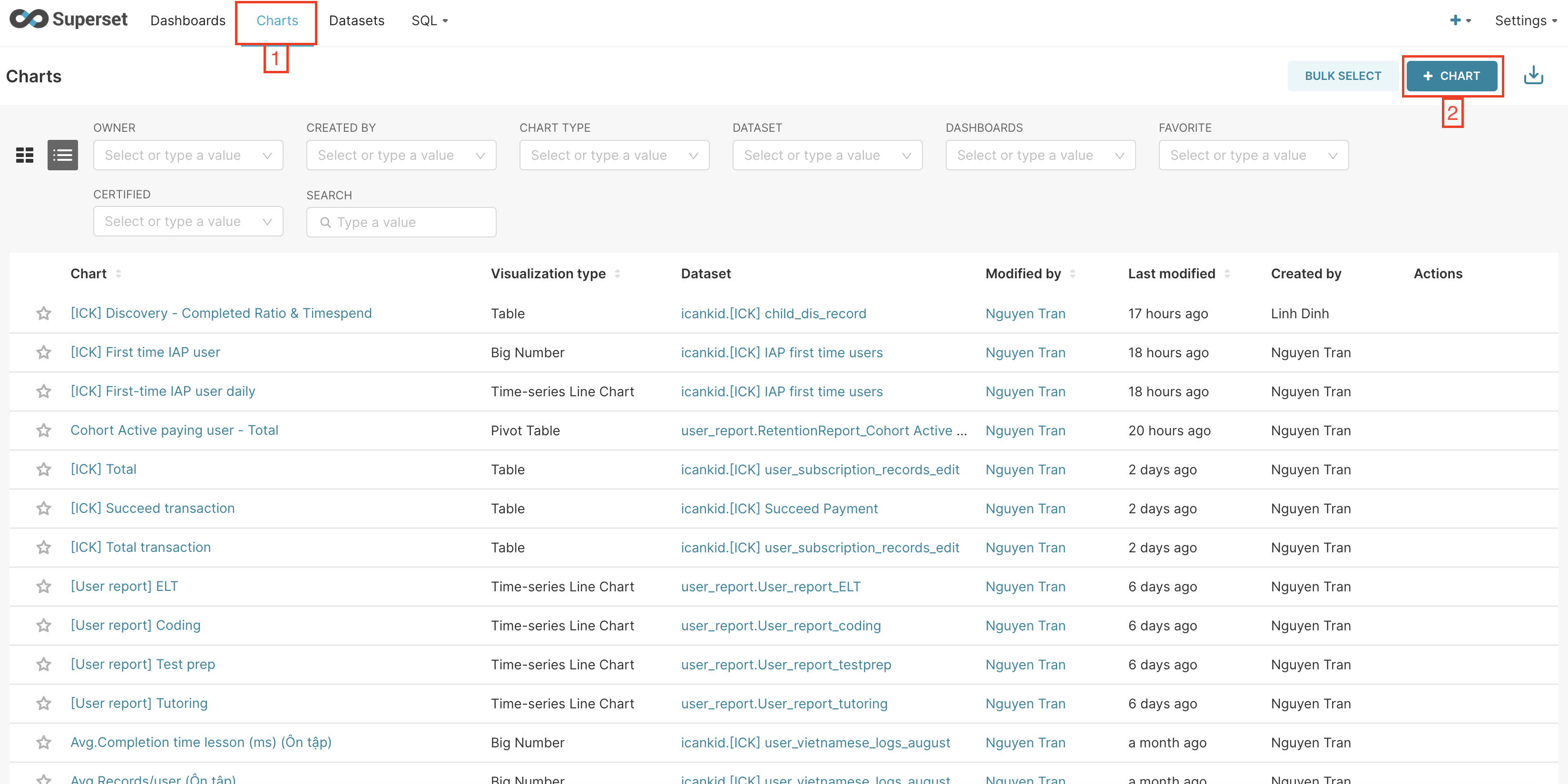
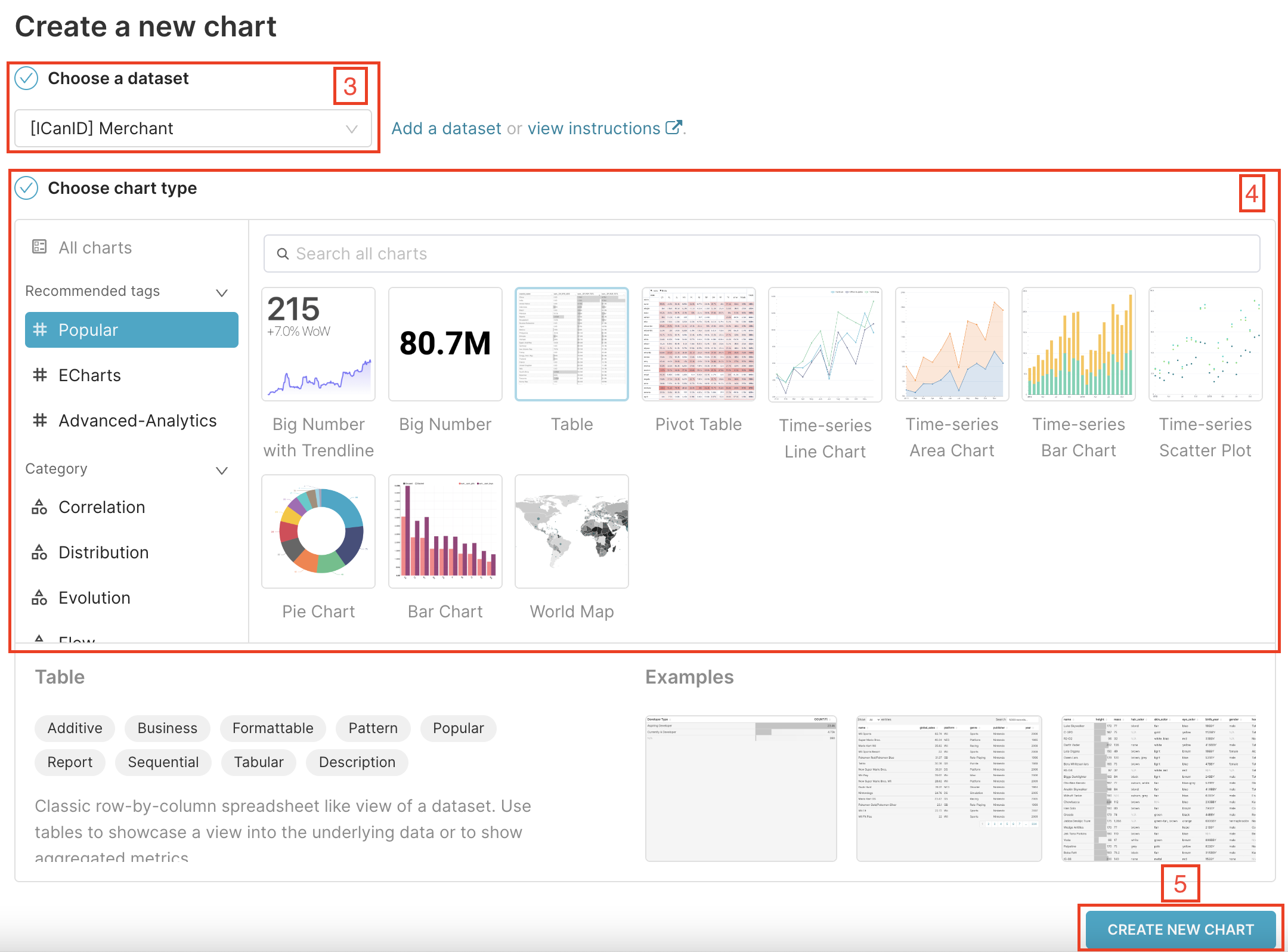

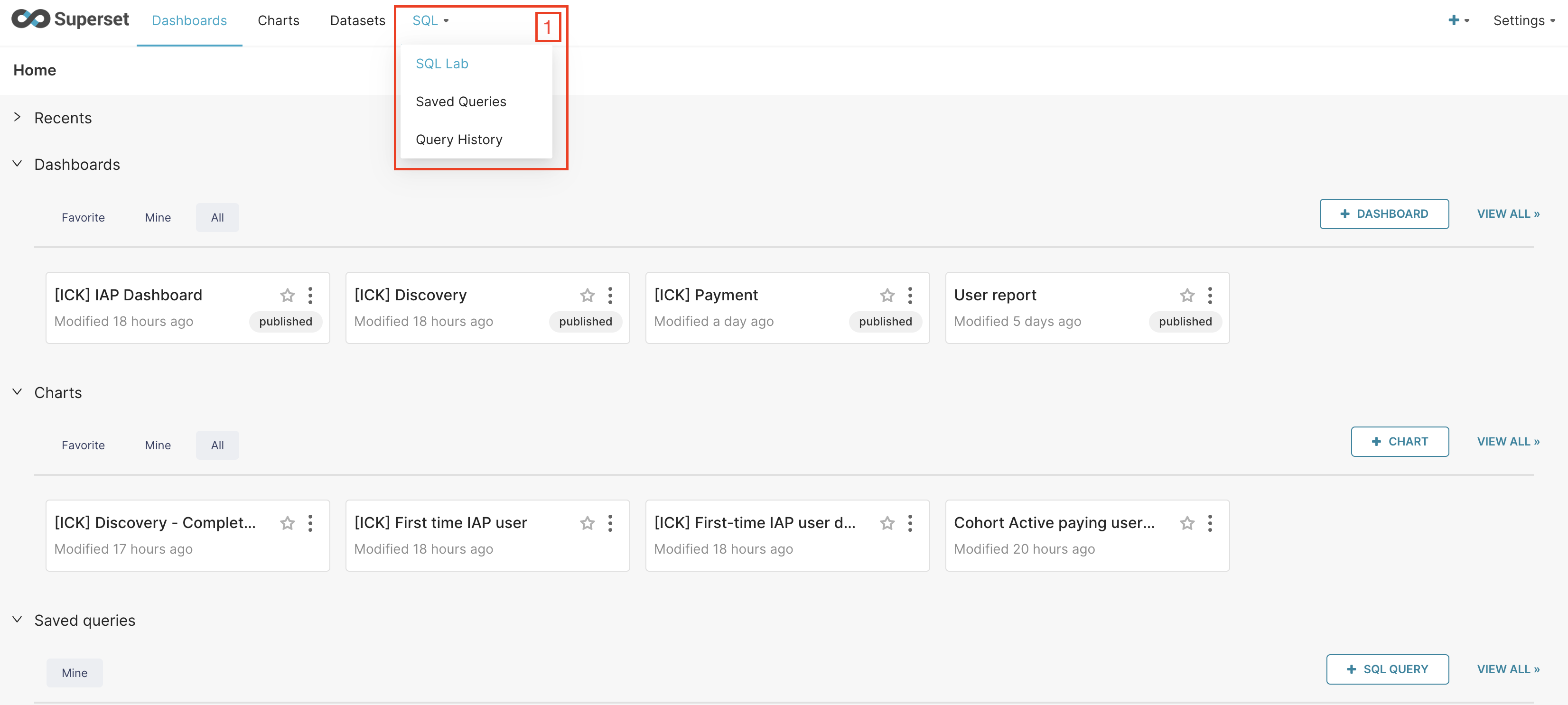
Optional:
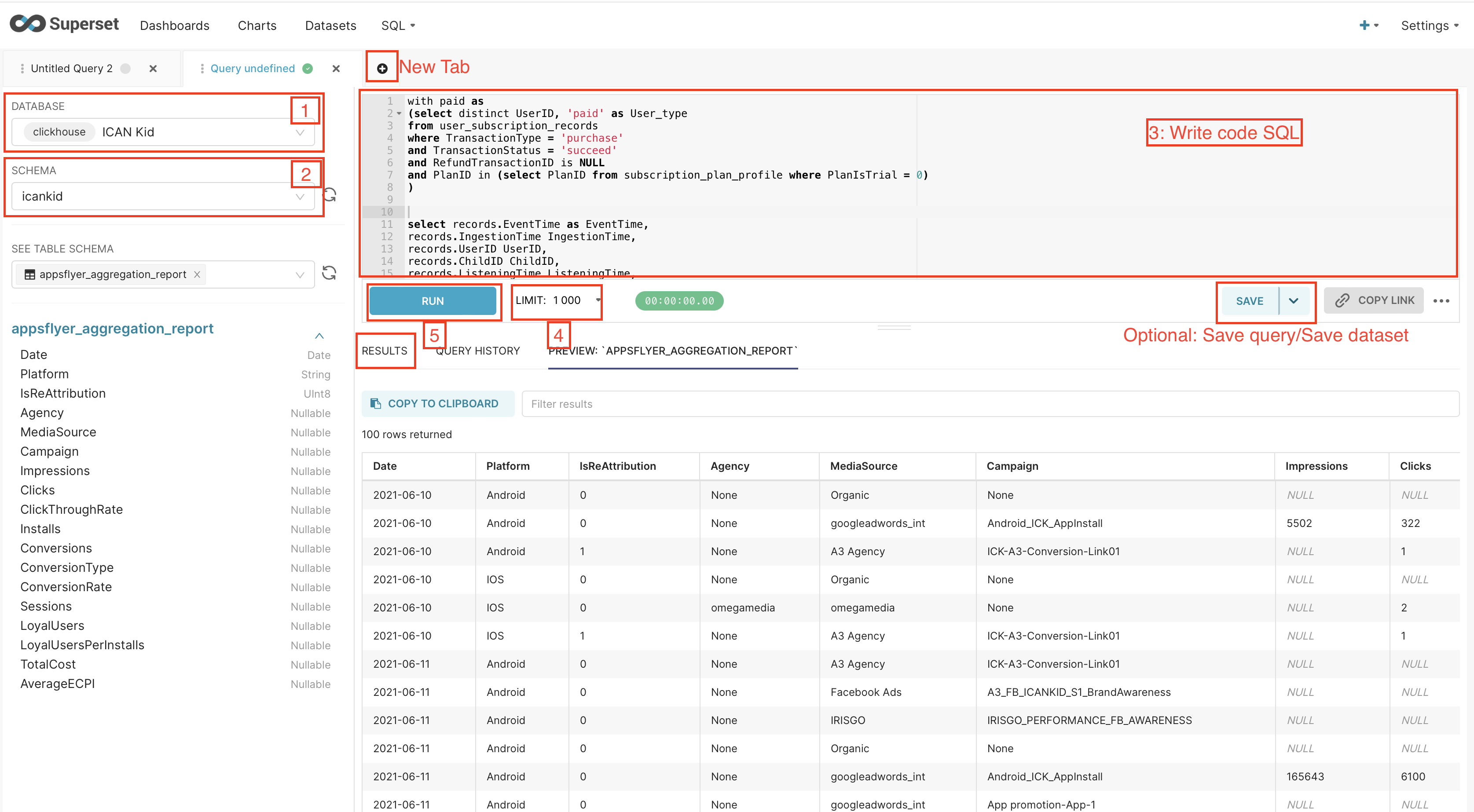
Database | Schema | Description |
CORE | icanid | merchant, users |
icanpayment | bank transfer, billing, transaction | |
subscription | Product plan | |
ICAN Kid | icankid | |
Report | user_report | cash in, paid user 4 BUs |
Specify What You Need: Be clear about the data you need and only request the necessary fields to minimize the amount of data returned.
Avoid SELECT *: Avoid using SELECT * as it retrieves all columns, which can be inefficient. Instead, explicitly list the columns you need.
Filter Early: Apply filters and conditions early in your query to reduce the dataset size before any complex operations are performed.
Use Joins Wisely: Be mindful of how you use joins, as they can be resource-intensive. Use INNER JOIN, LEFT JOIN, etc., as appropriate for your data relationships.
Aggregate Smartly: When performing aggregations, consider the efficiency of GROUP BY and aggregation functions like COUNT, SUM, AVG, etc.
Limit Results: Use the LIMIT clause to restrict the number of rows returned, especially when working with large datasets.
Monitor Performance: Regularly monitor query performance, identify bottlenecks, and optimize slow queries.
Avoid Nested Subqueries: Be cautious when using nested subqueries, as they can be complex and impact performance.
Consider Data Types: Be aware of data types and conversions when filtering or manipulating data.
Caching: Implement caching for frequently used queries to reduce database load.